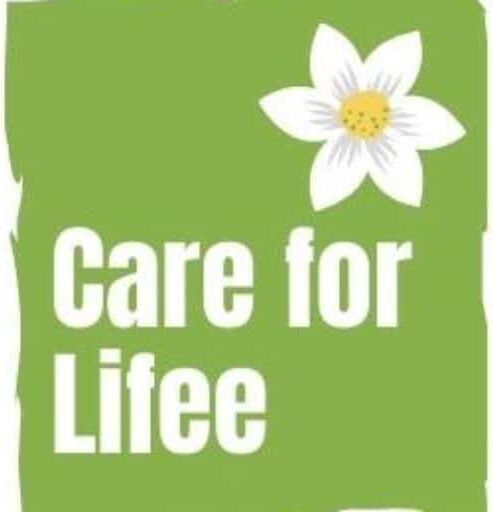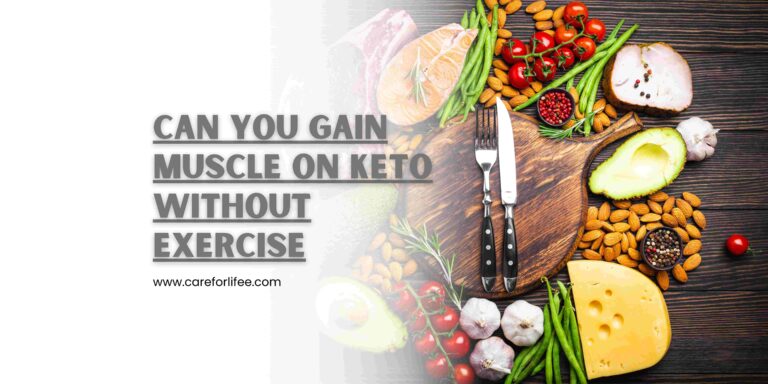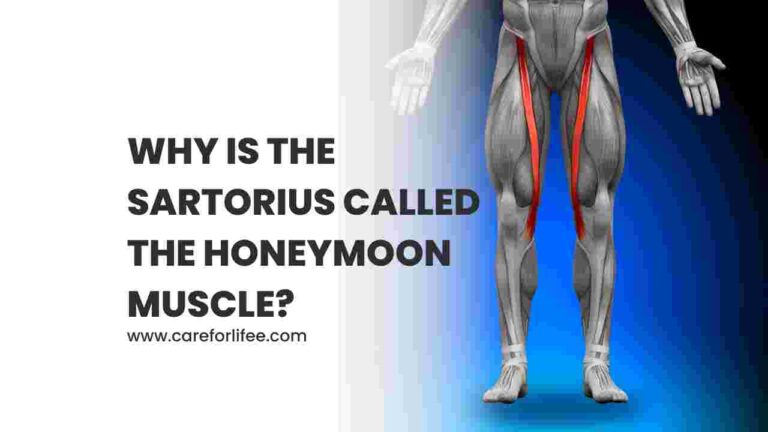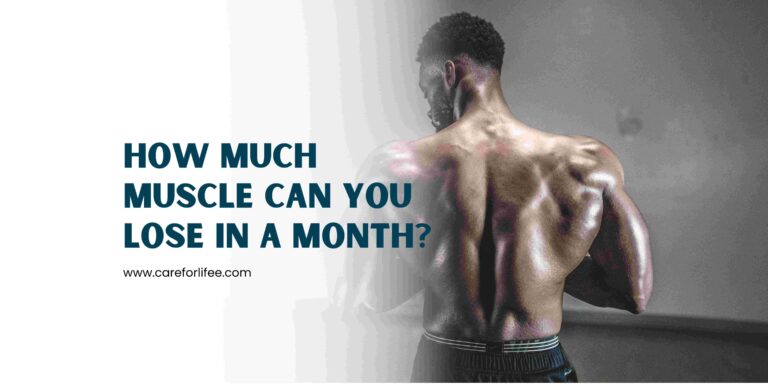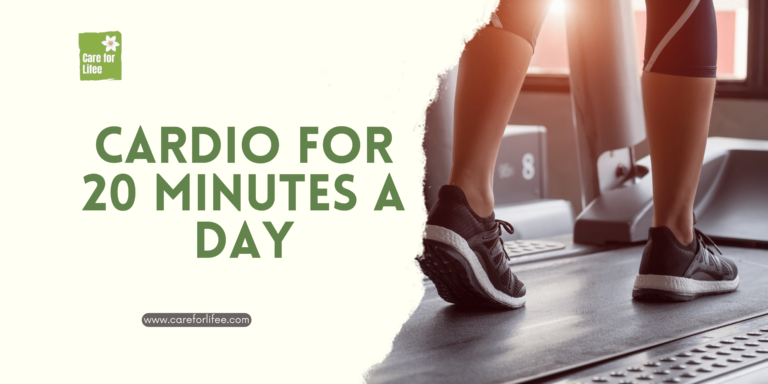Do Edibles Affect Muscle Gain?
Edibles are a popular form of cannabis consumption that offers a convenient and discreet way to enjoy the effects of marijuana. However, if you’re someone who is interested in building muscle, you may be wondering if edibles can affect your gains. In this post, we’ll take a closer look at what edibles are, the science behind muscle gain, and whether or not edibles can impact your muscle-building goals.
What are Edibles?
Edibles are cannabis-infused products that are ingested orally. They come in many different forms, including baked goods, candies, and beverages. Unlike smoking or vaping, which deliver cannabinoids to the bloodstream quickly through the lungs, edibles take longer to take effect because they need to be metabolized by the liver.
Once ingested, THC (the psychoactive component in cannabis) is converted into a more potent form that can cross the blood-brain barrier and cause the characteristic “high” associated with cannabis use. CBD, another cannabinoid found in cannabis, does not have psychoactive effects but can still affect the body in other ways.
The Science Behind Muscle Gain
Before we dive into whether or not edibles can affect muscle gain, let’s first understand how muscle growth works. Muscle growth occurs when the body is able to synthesize new muscle proteins faster than it breaks down old ones. This process is called muscle protein synthesis (MPS).
MPS is influenced by a number of factors, including exercise, nutrition, and hormones. In particular, protein intake is crucial for muscle growth because it provides the building blocks (amino acids) that the body needs to synthesize new muscle proteins.
Can Edibles Affect Muscle Gain?
Now that we have a basic understanding of what edibles are and how muscle growth works, let’s explore whether or not edibles can affect muscle gain.
THC and CBD’s Effects on the Body
THC and CBD both interact with the body’s endocannabinoid system (ECS), which plays a role in regulating a wide range of physiological processes, including appetite, mood, and pain sensation. THC is known to stimulate the ECS, which can increase appetite and lead to overeating.
While overeating can result in weight gain, it’s important to note that muscle gain is not the same as weight gain. In fact, gaining muscle typically requires a caloric surplus (eating more calories than you burn), but not necessarily an excessive amount of food.
CBD, on the other hand, does not appear to have a significant impact on appetite or weight gain. However, more research is needed to fully understand CBD’s effects on the body.
How Edibles Can Impact Protein Intake
One potential way that edibles could affect muscle gain is by impacting protein intake. Edibles can be high in calories and sugar, which can make it difficult to maintain a balanced diet that supports muscle growth.
If you’re using edibles to manage pain or improve sleep, for example, you may find that they interfere with your ability to stick to a healthy diet. Additionally, if you’re consuming edibles in place of other sources of protein (such as meat, eggs, or protein powder), you may not be getting enough amino acids to support muscle growth.
Potential Negative Effects of Edibles on Muscle Gain
In addition to potentially impacting protein intake, edibles can have other negative effects on muscle gain. For example, if you consume too much THC, you may experience the “munchies,” which can lead to overeating and a surplus of calories that are not used to build muscle.
Furthermore, if you’re using edibles to manage pain or inflammation, you may be less likely to engage in physical activity, which can also hinder muscle growth. Finally, some edibles may contain added sugars or unhealthy fats that can lead to weight gain, which may be counterproductive if you’re trying to gain muscle mass.
Tips for Using Edibles and Gaining Muscle
While edibles may have some potential drawbacks for muscle gain, they can still be used as part of a healthy diet and exercise routine. Here are some tips to help you use edibles and gain muscle:
Best Types of Edibles for Muscle Gain
When it comes to edibles, not all products are created equal. To support muscle growth, it’s important to choose edibles that are low in sugar and high in protein. Protein bars, for example, can be a convenient and tasty way to get a protein boost while also satisfying your sweet tooth.
Dosage Recommendations for Muscle Gain
If you’re using edibles to support muscle gain, it’s important to pay attention to dosage. Consuming too much THC can interfere with your ability to stick to a healthy diet, while consuming too little may not provide the desired effects. Start with a low dose and gradually increase as needed to find the right balance.
How to Balance Edibles and Nutrition for Muscle Gain
Finally, it’s important to balance your use of edibles with a healthy diet and exercise routine. Make sure you’re consuming enough protein to support muscle growth, and aim for a balanced diet that includes plenty of fruits and vegetables, complex carbohydrates, and healthy fats.
In addition, engage in regular physical activity, including strength training exercises that target the major muscle groups. By combining edibles with a healthy lifestyle, you can support muscle growth while still enjoying the benefits of cannabis consumption.
Conclusion
In conclusion, edibles can have both positive and negative effects on muscle gain. While they can be a convenient and enjoyable way to consume cannabis, they can also interfere with protein intake and physical activity, which are crucial for muscle growth.
To use edibles and gain muscle, it’s important to choose products that are low in sugar and high in protein, pay attention to dosage, and balance your use of edibles with a healthy diet and exercise routine. By doing so, you can support muscle growth while still enjoying the benefits of cannabis consumption.
